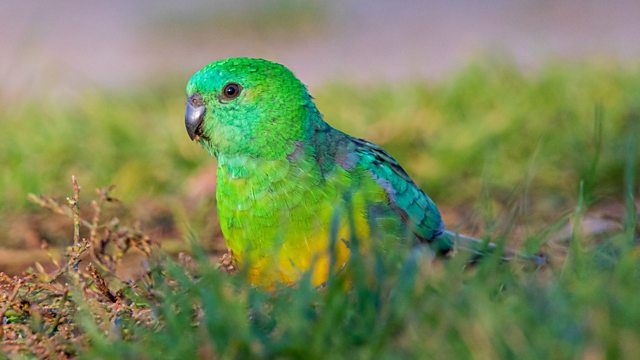Climate change 'accelerating evolution'
Scientist says beak and tail sizes are increasing in hundreds, not thousands, of years as animals 'try to keep up'
The natural world shows many examples of species fabulously well adapted to their environment, animals that are acutely suited to function in their world, be that polar bears or humming birds. But scientists say instead of evolution which happens over thousands or millions, many animals are adapting in a fraction of that time, because of climate change.
Sara Ryding of Deakin University in Australia says they've seen an increase in many animals appendages - for examples the beaks of birds or the tails of mammals. She says the theory is that this gives the animals more surface area to get rid of access body heat and so deal with increasingly hot weather.
"The world is changing at an unprecedented rate and so what we're seeing here is animals trying their best to keep up... While evolution can normally take thousands of years, when there's a strong selective pressure - when something really crazy like climate change happens - it can drive evolution to happen at a faster pace."
Photo: A red-rumped parrot - one of the species which has increasing beak sizes. Credit: Ryan Barnaby)
Duration:
This clip is from
More clips from Newsday
-
![]()
'I immediately called my mother, I told her that I was alive'
Duration: 02:21
-
![]()
'People on both sides have suffered enough'
Duration: 04:44






